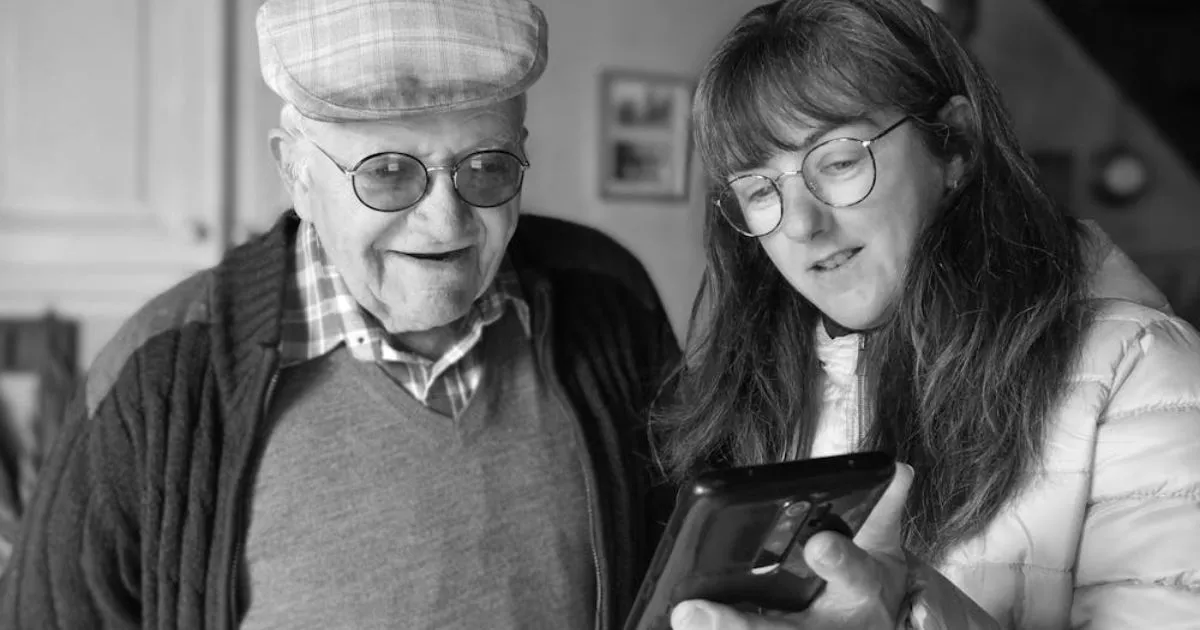
Marriage is a partnership built on love, trust, and understanding. As a bride and groom plan their wedding and future together, empathy naturally plays a key role in their interactions. However, when it comes to certain decisions, an over-reliance on empathy might not always lead to the best outcomes.
This doesn’t mean couples should ignore empathy altogether. Instead, it’s about recognizing situations where practicality, logic, and self-awareness should take precedence over emotional considerations. In this article, we’ll explore why the bride and groom should sometimes limit empathy in their decisions, how it can complicate important choices, and how to strike a healthy balance.
What Is Empathy, and Why Is It Important?

Empathy is the ability to understand and share another person’s feelings. It’s a cornerstone of healthy relationships and allows couples to connect on a deeper emotional level.
For example, empathy helps the bride and groom:
- Comfort each other during stressful moments.
- Navigate conflicts with understanding.
- Build a strong emotional bond.
However, while empathy is essential for a loving relationship, relying too heavily on it during decision-making can create challenges. Let’s explore why.
When Empathy Becomes a Problem in Decision-Making
While empathy fosters emotional connection, it can also complicate certain decisions, especially when planning a wedding or navigating the early stages of marriage.
1. It Can Lead to People-Pleasing
When empathy is prioritized, couples may feel pressured to meet the expectations of others—like family, friends, or guests—at the expense of their own needs and desires.
For instance, a bride and groom may choose a venue, guest list, or menu to please their families, even if it doesn’t align with their vision for the wedding.
Transition Tip: While it’s important to consider others’ feelings, the couple’s happiness should come first in decisions about their special day.
2. It May Cause Decision Fatigue
Weddings involve countless decisions, from seating arrangements to floral designs. Trying to empathize with everyone’s preferences can be exhausting and lead to decision fatigue.
Example: If the bride and groom try to accommodate every guest’s dietary restrictions or travel needs, they might feel overwhelmed and lose sight of what’s most important.
3. It Can Blur Boundaries
Empathy can sometimes blur boundaries, making it hard for couples to say no or stand firm in their choices.
For example, a bride might feel pressured to include a distant cousin on the guest list because she empathizes with the cousin’s feelings, even if it creates financial strain.
4. It Risks Neglecting Personal Needs
Focusing too much on how others feel can lead to neglecting one’s own needs or desires. In a marriage, both partners’ happiness and well-being are equally important, and over-empathizing can disrupt that balance.
Transition Tip: It’s important for the bride and groom to prioritize their values and preferences while remaining respectful of others.
Why Practicality Should Sometimes Take Precedence

While empathy is valuable, there are moments when practicality and logic should guide decisions. This is particularly true in situations where emotional considerations could lead to negative outcomes.
1. Financial Decisions
Weddings can be expensive, and it’s easy to overspend when trying to accommodate everyone’s wishes. By focusing on a budget and making practical financial decisions, couples can avoid unnecessary debt or stress.
Example: Instead of choosing an extravagant venue to impress others, a couple might opt for a smaller, more affordable space that aligns with their financial goals.
2. Balancing Work and Life
Empathy might lead a bride or groom to take on extra responsibilities at work to support their partner or family. However, this can result in burnout or less quality time together. Practical decisions about work-life balance ensure both partners are cared for.
3. Establishing Healthy Boundaries
Practical decision-making allows couples to set boundaries with family or friends who might overstep. This can prevent conflicts and ensure the couple’s choices reflect their own priorities.
Transition Tip: Boundaries are a form of self-care and help couples build a strong foundation for their marriage.
How Empathy Can Overcomplicate Wedding Planning
Wedding planning is one of the first major challenges couples face together. While empathy can help navigate disagreements, overusing it might lead to unnecessary complications.
1. Guest List Dilemmas
Empathy often drives couples to invite people out of obligation rather than genuine connection. This can inflate the guest list and increase costs.
Solution: Focus on inviting those who genuinely support and celebrate your relationship, rather than worrying about pleasing everyone.
2. Choosing Vendors
Trying to consider everyone’s opinions—parents, friends, or siblings—can make choosing vendors like photographers or caterers overwhelming.
Tip: Trust your instincts and select vendors who align with your vision and budget.
3. Family Expectations
Empathy toward family members might lead couples to compromise on important aspects of their wedding, such as traditions or rituals.
Example: A couple might feel pressured to include a religious ceremony they don’t personally value, just to satisfy relatives.
Transition Tip: Respecting family traditions is important, but it’s equally important to honor your own beliefs and preferences.
Finding a Balance: How to Use Empathy Wisely
While empathy should not dominate every decision, it’s still an essential part of a healthy relationship. The key is finding a balance between empathy and practicality.
1. Communicate Openly
Discuss decisions together and express how you feel about certain choices. This ensures that both partners are heard and understood.
Tip: Use “I” statements, like “I feel strongly about having a smaller wedding,” to express your thoughts without placing blame.
2. Prioritize What Matters Most
Create a list of priorities for your wedding or marriage. This helps you stay focused on what’s truly important and avoid being swayed by external pressures.
Example: If your top priority is having an intimate ceremony, let that guide your decisions rather than worrying about pleasing distant relatives.
3. Set Boundaries
It’s okay to say no. Setting clear boundaries with family and friends ensures that decisions reflect your values as a couple.
Transition Tip: Boundaries aren’t about shutting others out—they’re about protecting your relationship.
4. Take Time to Reflect
Before making major decisions, take a step back to reflect on your options. Ask yourselves:
- Does this decision align with our priorities?
- Are we making this choice out of obligation or genuine desire?
- How will this decision affect us in the long run?
When Empathy Is Essential
While limiting empathy is necessary in some situations, it remains crucial in maintaining a strong and healthy relationship. Here’s when empathy should take the lead:
1. During Disagreements
Empathy helps you understand your partner’s perspective and resolve conflicts constructively.
2. Supporting Each Other
Marriage comes with ups and downs. Showing empathy during difficult times strengthens your emotional connection and builds trust.
3. Balancing Roles
Empathy ensures that both partners feel supported and valued in their roles, whether it’s dividing household tasks or making career decisions.
Conclusion: Empathy with Boundaries
Empathy is a vital part of any relationship, but when it comes to making decisions—especially during wedding planning—it’s important to strike a balance. Over-relying on empathy can lead to people-pleasing, blurred boundaries, and unnecessary stress. By prioritizing practicality, setting boundaries, and focusing on what matters most, the bride and groom can make decisions that reflect their values and build a strong foundation for their marriage.
Remember, it’s your wedding and your life together. Decisions should reflect your unique journey as a couple while maintaining empathy where it truly matters.



